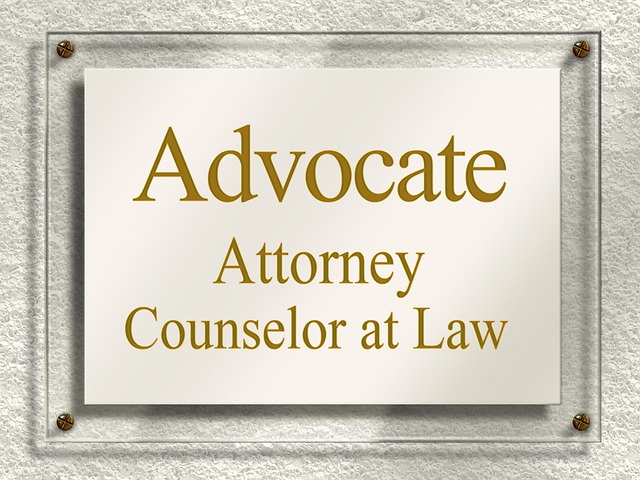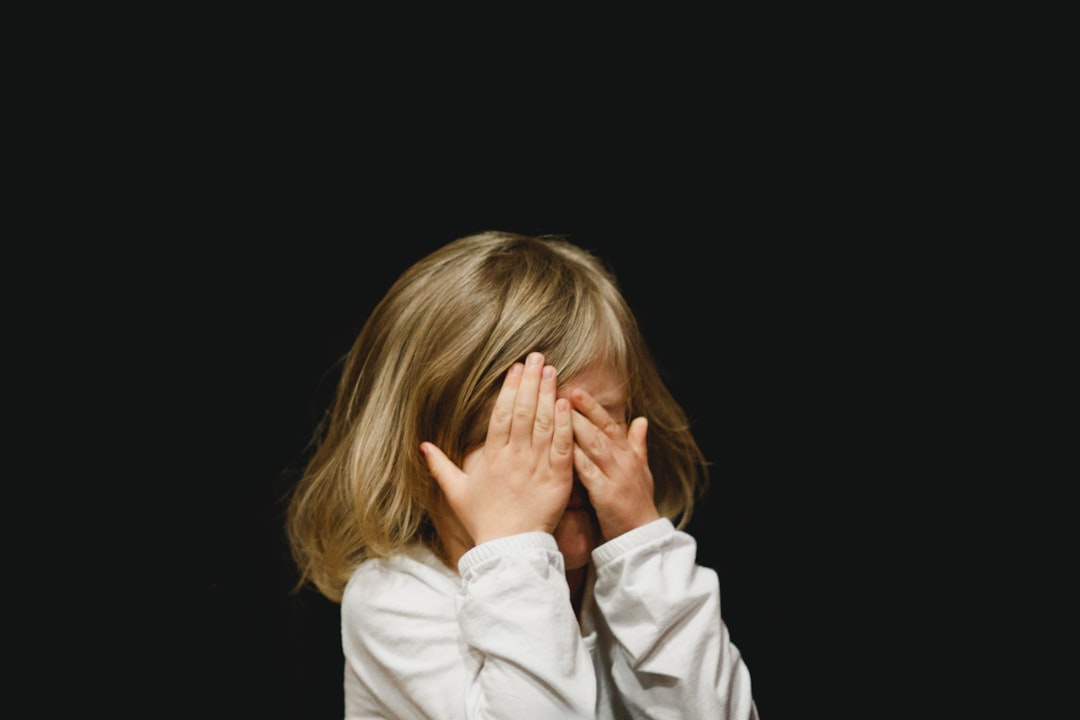Emotional abuse, recognized in Chicago laws as impairing mental well-being, includes behaviors like criticism and isolation. Recognizing signs and reporting to child protective services prevents harm. Chicago IL child abuse attorneys guide victims and families through legal processes, ensuring justice and protection.
In Chicago, emotional abuse is a serious issue that can leave deep scars. Recognizing and reporting cases of emotional abuse, especially within families, is crucial in protecting vulnerable individuals. This article explores Chicago’s laws on emotional abuse, providing insights into its legal definition and examples. We also guide parents, caregivers, and child abuse attorneys in Chicago, IL, through the steps to report child emotional abuse, highlighting available resources for support and justice.
Understanding Emotional Abuse in Chicago
Emotional abuse, often invisible yet profound, is a serious issue in Chicago, as it is across the nation. It encompasses a range of harmful behaviors directed at an individual with the intent to cause emotional distress or harm their mental well-being. This can include verbal insults, constant criticism, manipulation, and isolation from friends and family. In Chicago, recognizing emotional abuse is crucial, especially when it involves vulnerable populations like children. A child abuse attorney in Chicago IL plays a vital role in guiding victims and their families through the legal process, offering support, and ensuring justice.
Understanding the nuances of emotional abuse requires awareness of its signs. Victims may exhibit changes in behavior, such as increased anxiety, depression, or sudden withdrawal from social activities. It’s essential to report suspected cases to relevant authorities, including child protective services, to prevent further harm. In Chicago, laws are in place to protect individuals from emotional abuse, and seeking legal counsel can help navigate these complex issues effectively.
Legal Definition & Examples of Emotional Abuse
Emotional abuse, often referred to as psychological or verbal abuse, is a form of non-physical harm that can leave lasting impacts on victims. In the context of Chicago laws, emotional abuse is defined as any act or omission that impairs the mental or emotional well-being of an individual, especially when it occurs in intimate relationships, family settings, or caregiving situations. This includes a wide range of behaviors such as constant criticism, belittling, humiliation, isolation from friends and family, and controlling behavior aimed at manipulating and exerting power over another person.
Examples of emotional abuse can vary widely. It might involve name-calling, threats, or even silent treatment, designed to instill fear and a sense of inadequacy in the victim. In some cases, child abuse attorneys in Chicago IL have seen instances where caregivers use withholding affection or attention as a form of punishment, or isolate children from their peers and educational activities. These actions can lead to low self-esteem, anxiety, depression, and other mental health issues, underscoring the importance of recognizing and reporting such cases to protect individuals from enduring further emotional harm.
Reporting Child Emotional Abuse: Steps & Resources
In Chicago, Illinois, if you suspect a case of child emotional abuse, it’s crucial to act promptly and report it to the appropriate authorities. The first step is to gather evidence and document any instances of abusive behavior or neglect. This can include observations, conversations with the child (if safe and comfortable), and any relevant medical records. Once prepared, individuals can file a report with the Chicago Police Department or contact the Illinois Department of Children and Family Services (DCFS) to initiate an investigation.
There are also dedicated child abuse attorneys in Chicago IL who can guide parents, caregivers, and concerned citizens through this process. These legal professionals not only offer counsel but can help navigate complex laws and ensure that all necessary steps are taken to protect the well-being of the child. They can provide resources and support throughout the reporting and legal proceedings, ensuring that justice is served and the victim receives the care they need.





